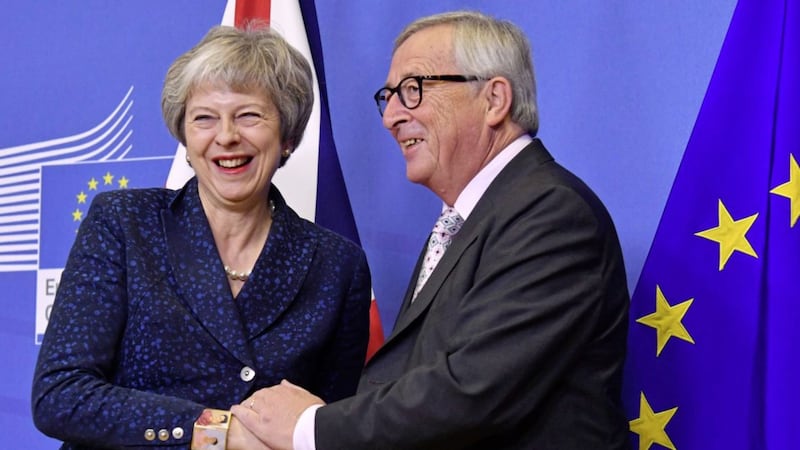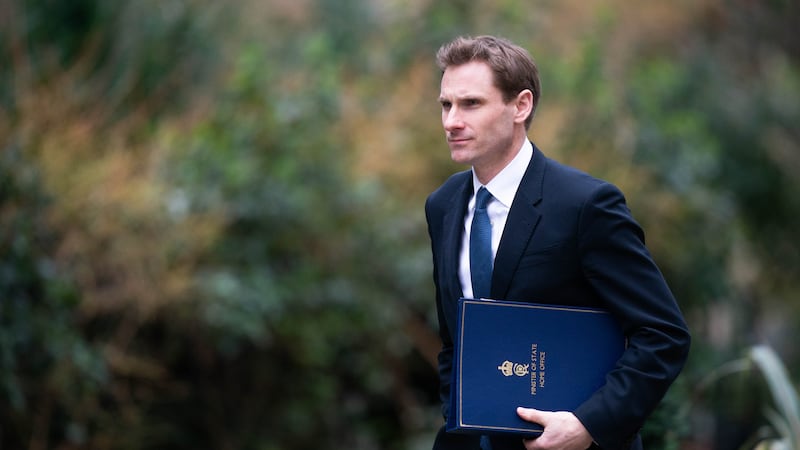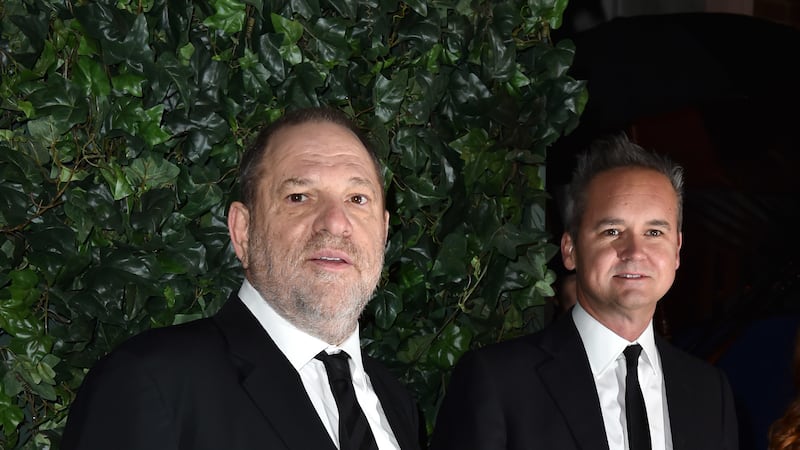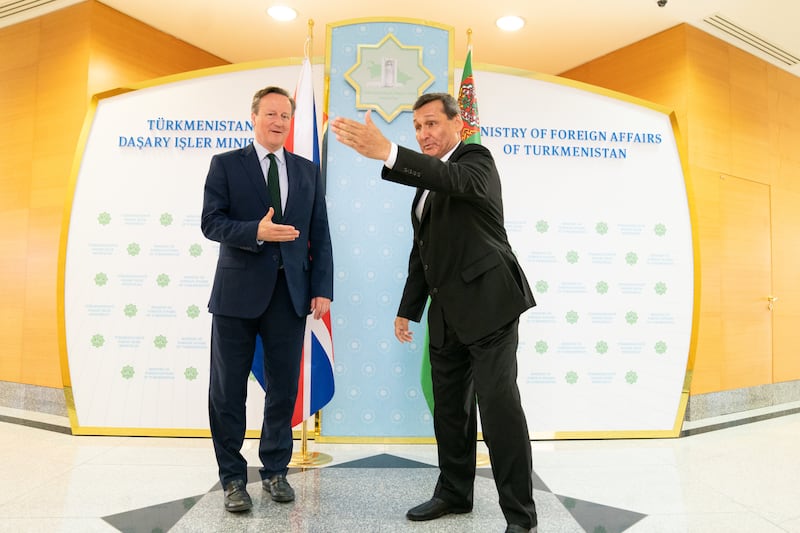French President Emmanuel Macron has said the European Union must “learn lessons” from Britain’s decision to leave it.
Speaking from Brussels on Sunday, Mr Macron said that the exit of a major member state for the first time in the bloc’s history showed “Europe is fragile” and the EU “is not a given”.
The French leader said European leaders have a duty to “protect it against all those who forget that it is a guarantee of peace, prosperity and security”.
Mr Macron also paid homage to Prime Minister Theresa May for seeking a “path to durable co-operation” with the EU, while defending UK interests during negotiations.
Twenty-seven EU leaders have endorsed a deal that sets out the terms of Britain’s departure on March 29 and sets a framework for future ties.
Meanwhile, Germany’s Chancellor Angela Merkel described the deal as a “diplomatic piece of art”.
Mrs Merkel, also speaking in Brussels, said: “It’s an historic day, which triggers very ambivalent feelings... it is tragic that the UK is leaving the EU now after 45 years but we have to, of course, respect the vote of the British people.”
She praised the deal struck “in an extremely difficult situation, in a situation without any precedence because we haven’t had it before that a European country leaves the EU”.
Mrs Merkel said, while the agreement was based on very hard negotiations, it “considers both sides’ interest”.
European Commission chief Jean-Claude Juncker said the UK could not hope to negotiate better terms before its departure in March.
He said: “I am totally convinced this is the only deal possible. Those who think that by rejecting the deal that they would have a better deal will be disappointed the first seconds after the rejection.”
Mrs May was in agreement, saying: “This is the deal that is on the table. It is the best possible deal. It is the only deal.”
Meanwhile, Theresa May urged MPs to embrace a “brighter future” and back her Brexit plan on Sunday.
On a historic day in Brussels, the prime minister insisted the agreement delivered on the promises of the EU referendum as she set the stage for a Commons showdown with her critics.
After the leaders of the remaining 27 member states took less than 40 minutes to approve the deal, she confirmed she would now put it to a vote of MPs before Christmas.
Mrs May said the public was fed up of wrangling over Brexit and wanted to move on.
“It will be one of the most significant votes that Parliament has held for many years. On it will depend whether we move forward together into a brighter future or open the door to yet more division and uncertainty,” she said.
“The British people don’t want to spend any more time arguing about Brexit. They want a good deal done that fulfils the vote and allows us to come together again as a country.
“I will take this deal back to the House of Commons, confident we have achieved the best deal available and full of optimism about the future of our country.
“In Parliament and beyond it, I will make the case for this deal with all my heart and I look forward to that campaign.”
However, with more than 80 Tory MPs declaring publicly that they intend to vote against the plan, Mrs May faces an uphill battle to make the parliamentary arithmetic add up.
Foreign Secretary Jeremy Hunt insisted she could carry on as prime minister if she was defeated.
“Absolutely she can,” he told BBC1’s The Andrew Marr Show.
However, pressed on whether the government could collapse, he acknowledged: “It’s not possible to rule out anything.”
Mrs May refused to be drawn on whether she would stand down if she lost the vote, despite being repeatedly pressed during her end of summit press conference.
“I am focusing on ensuring that I make a case for this deal to MPs,” she said.








